So there you are with this pile of electronic pages that you think is pretty good. The next step is to find out if it is any good and to sweep up all the typos, misspellings, mis-punctuations, and all the other detritus that falls out of your brain and onto the page as you squeeze the words out and onto the page. It is absolutely shocking how many mistakes we make as we write. No matter how many times you go over and over it, these little errors hide in corners and camouflage themselves into what look like what should be there.
Anyway that’s what editors are for. Editors and beta readers. Beta readers are usually friends and family. Couple of things there: you can’t push them if they’re free. Maybe they’ll get to reading it. Maybe they won’t. They have the best intentions, but they do have other lives! Believe it or not your book is not at the top of their to-do list. And that’s certainly fair. Beta readers are also encouraging. At least someone besides you has read the book.
Editors are paid to find all the gotcha’s as well as a lot of other stuff depending on what kind of editor you hire. So that’s like the first professional decision you have to make: Do I need to pay an editor and how much can I afford and will they make it all better? No. They won’t. It’s my book. I’m not perfect, but I should know what I’m doing otherwise I shouldn’t be spending all this time pushing these buttons.
Well not necessarily. When I was in school, and the teacher used his red pen on all my words, and disagreed with my literary analogies, I couldn’t ignore them or he’d fail me. But when I am paying someone, I don’t have to pay attention to their comments. Their observations may very well be right, but they might be wrong. Imagine editing James Joyce’s Finnegan’s Wake or Lawrence Sterne’s Tristram Shandy.
There are a lot of different kinds of editors. The website Elite Authors has some good information on the subject.
Developmental editors delves deeply into the story and can make significant changes.
Line editors pursue the basic writing mechanics and strengthen the higher level elements.
Copy editing editors focus on grammar, spelling and punctuation. The book should be ready for the final launch.
Proofreaders read the final, laid-out PDF.
A good editor has to be able to tell you when something sucks . . . in a nice way . . . in a constructive way that makes you understand it. I have to confess that although I had some great editorial input on Death at the Edge of the Diamond I haven’t found my long-term developmental editor for the next one.

